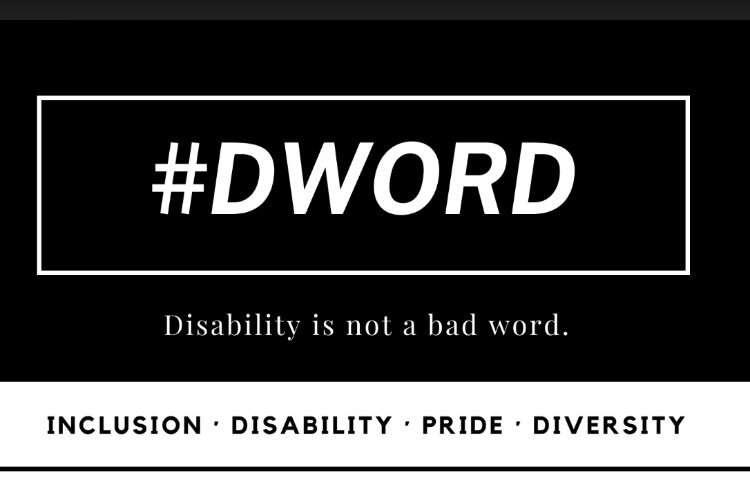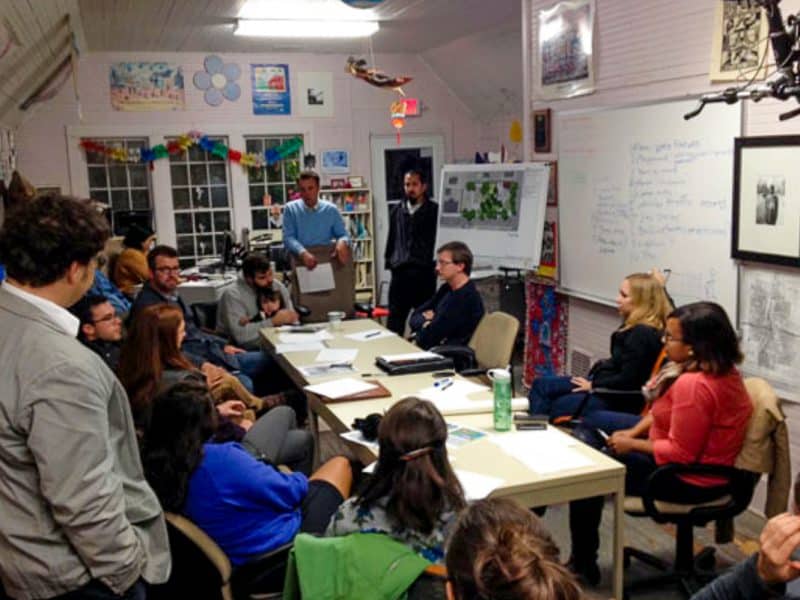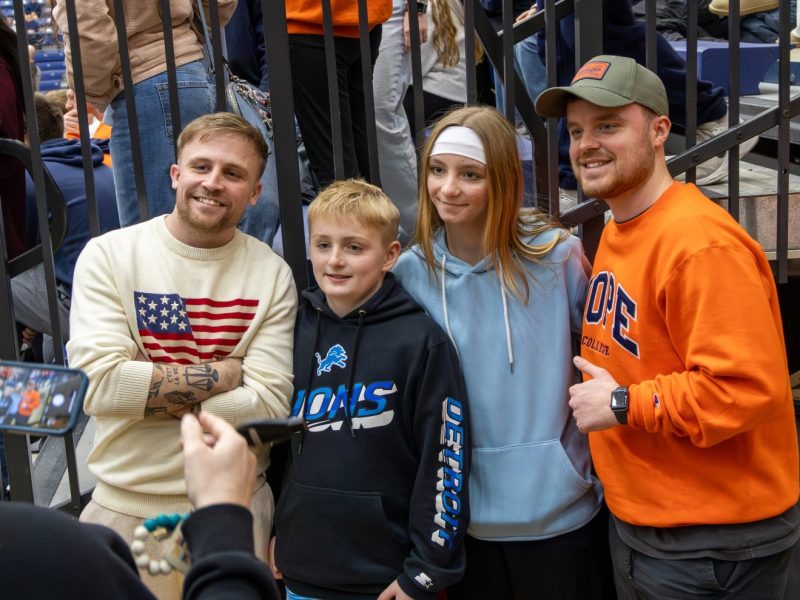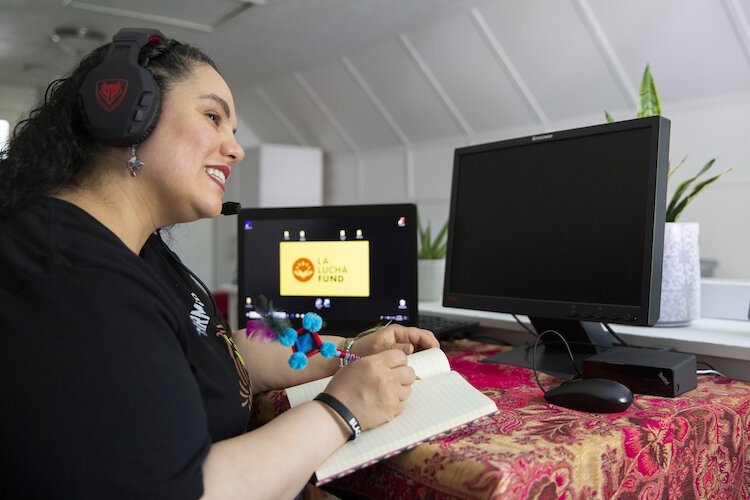DNSWM launches #DWord Campaign during Disability Pride Month
Disability Network Southwest Michigan (DNSWM) has launched the #DWord campaign, aiming to reshape cultural perceptions of the word "disability."
When Kristen Aguirre had a stroke in 2019 at age 31, disability became part of her identity.
“It came out of nowhere and kind of blew up my life,” she says. “I was paralyzed on my entire left side, but through rehab and working with doctors, I was able to regain most of my mobility, but I’m still hemiplegic on my left hand and arm.”
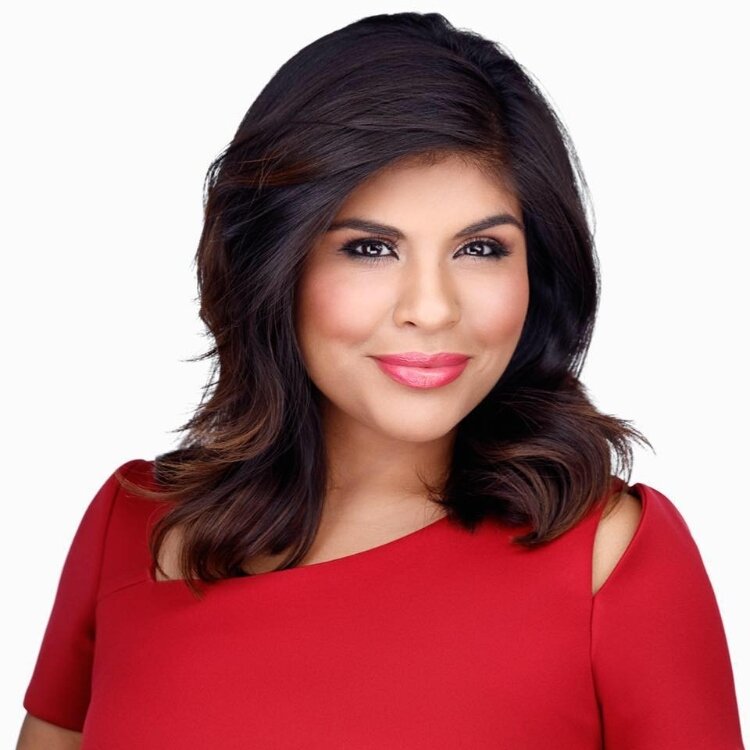
Aguirre, the new public relations and outreach manager for Disability Network Southwest Michigan (DNSWM), drew on her experience in coming up with the organization’s new #DWord campaign, which aims to reshape cultural perceptions of the word “disability.”
The campaign encourages using “disability” over terms like “special needs,” “handicapped,” or “differently-abled,” which are seen as perpetuating ableism and excluding true inclusion. With more than 42.5 million Americans living with disabilities, the campaign seeks to promote “Disability Pride” and view disability as a form of diversity.
“I was thrown into the disability world,” says Aguirre, who also has a sister with Dandy-Walker Syndrome, a brain disorder. “Although I identify as having a disability, it doesn’t mean I can’t do something. That’s always been my mentality.”
Aguirre, a former television news anchor and reporter, left journalism to be more present for her family. She’s expecting her first child this month.
“I’ve heard terms like special needs and handi-capable, which to me are sugarcoating because having a disability makes people uncomfortable,” she says. “But it doesn’t make us uncomfortable.”
Challenging the stigma
The Americans with Disabilities Act, signed into law on July 26, 1990, by President George H.W. Bush, marked a significant milestone in protecting the rights of people with disabilities. However, the stigma surrounding disabilities persists, and the #DWord campaign aims to challenge that.
“It is the philosophy of DNSWM to view disability simply as diversity, like being female, short, or Latino. Disability is neither good nor bad, it just is,” says Yvonne Fleener, DNSWM president and CEO. “We welcome this campaign as an effort to take the word ‘disability’ back and educate the community about the pride surrounding the disabled.”
Fleener, who has ADHD, emphasized the importance of recognizing disabilities as part of one’s identity.
“Long before this job, I decided to tell my boss about my disabilities, and the response was, ‘That’s not a problem, but don’t tell anybody else, because they won’t respect you,’” Fleener recalls. “Since being at Disability Network, it’s been really refreshing to be able to talk about it again.”
She wants to change the way people think about the word and let them know that it’s OK to talk about having a disability.
“I find that the more open I am about what’s going on for me, the more open others are about what they are going through. I’ve had someone tell me they’re not a person with a disability, then proceed to describe their lifelong struggle through school with their learning disabilities,” Fleener says. “That happens because we’ve been taught that it’s a bad thing and not something you should talk about. I really do see a shift, and hopefully, this campaign will help with that too.”
A form of diversity
Amanda Rhines-Poehlman, executive director of Disability Network Lakeshore in Holland, is helping to amplify the campaign through her organization through social media posts and T-shirts.
She says that before her son, who has Down syndrome and autism, she struggled with the right words herself.
“Most people without disabilities default to ‘special needs’ because that’s what they hear, and feel is preferred. I learned after working here at DNL, that people with disabilities often prefer to use ‘disability,'” she says.
The #DWord campaign will run throughout July, Disability Pride Month. DNSWM encourages everyone to use the hashtag and spread the message.
“We look at disability as a form of diversity,” Aguirre says. “It’s just who I am, and our goal is to spread that message and improve accessibility and inclusivity in our community and beyond.”
Changing language is the first step to changing attitudes, Fleener believes.
“You may not even know a person has a disability, but it is part of our identity, given how big the community is, and that it intersects with all kinds of other ages and genders and races,” Fleener says.
“We just want to change the way people think about the word, and let them know that it’s OK to talk about and it’s OK to have a disability. Not only is it OK, but it’s a good thing. My disability certainly brings some diversity to me, that I would be a different person without it.”
This article is a part of the multi-year series Disability Inclusion, exploring the state of West Michigan’s growing disability community. The series is made possible through a partnership with Centers for Independent Living organizations across West Michigan.

